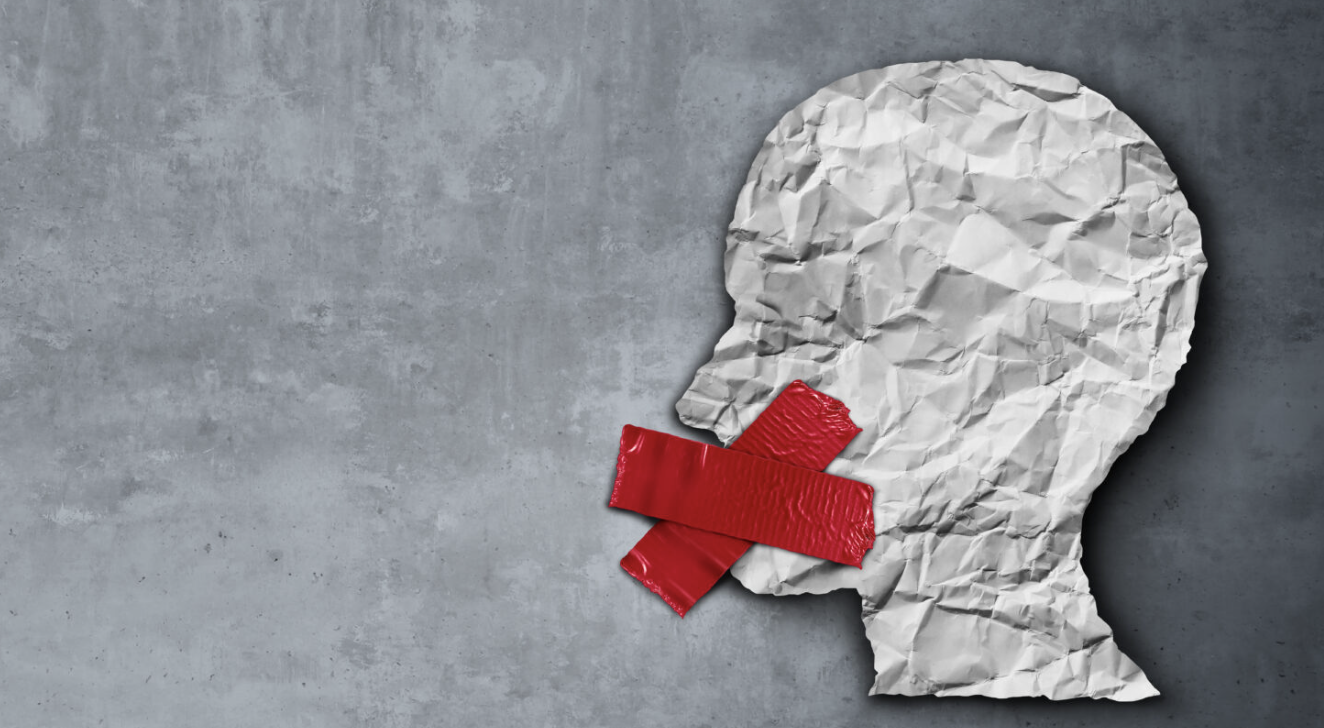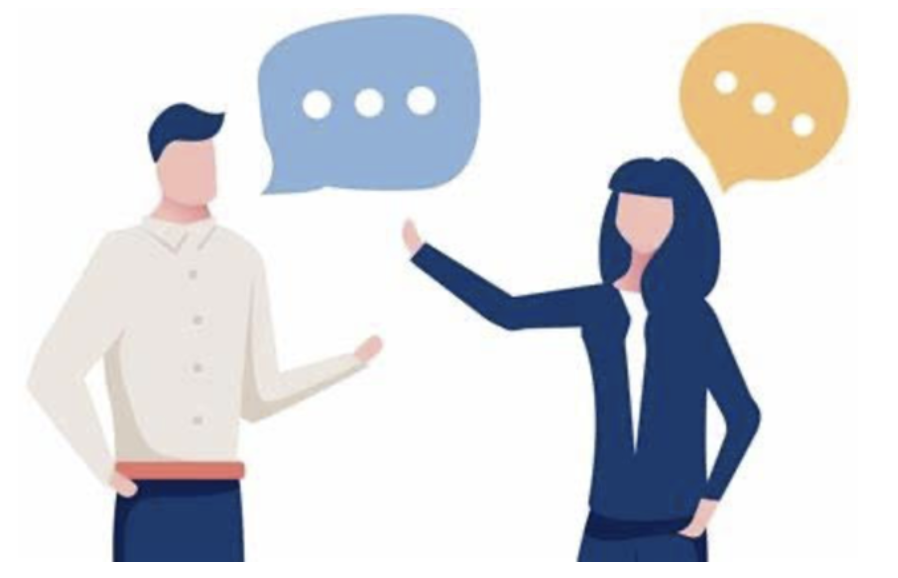Online Forums
Dialogue with Rep. Jamie Raskin (D-MD)
Representative Jamie Raskin (D-MD) has been in the limelight since his election to Congress in 2016. He chairs the Oversight Subcommittee on Civil Rights and Civil Liberties and served as Lead Manager in the Impeachment of Donald Trump in 2021. He is also a champion of Israeli-Palestinian people-to-people initiatives in the Middle East.
Sheila Katz is the CEO of the National Council of Jewish Women (NCJW), a network of advocates across the U.S. and Israel advancing the rights of women, children, and families. Under Sheila’s leadership, NCJW has made advancing anti-racism efforts at the national and local levels a priority, showing the intersectionality of racial justice in all of the organization’s main advocacy issues.
Reema Abu Hamdieh is a presenter/reporter with AlAraby TV in Washington DC. Prior to that, she worked with RT Arabic in Washington DC in addition to working with the network's headquarters in Moscow. Reema began her career at the National Democratic Institute for International Affairs (NDI) where she worked on a variety of programs which included interacting with members of the Palestinian Parliament.
Dialogue with ALLMEP Peacbuilders
A New Era for Peacebuilding: How new ideas and resources will reshape the pursuit of Israeli-Palestinian peace About the Panelists: John Lyndon, Executive Director of the Alliance for Middle East Peace (ALLMEP), the largest network of peacebuilding NGOs in Israel/Palestine.
He brings with him over a decade of experience leading NGOs concerned with conflict resolution and international development, with a particular focus on the Israeli-Palestinian conflict, and the pivotal role civil society can play in any lasting resolution. Huda Abuarquob, ALLMEP’s First-Ever on-the-ground Regional Director, has been an active leader in grassroots Palestinian and Israeli initiatives focused on Feminist Inclusive Political Activism (FIPA) and track two diplomacy.
Previously, Abuarquob worked as a teacher, trainer, and consultant for the Palestinian Ministry of Education. Born in Jerusalem, Abuarquob, who is the oldest of twelve children, lived in the U.S. for eight years, and now resides in Dura — Hebron. Meredith Rothbart, Co-Founder and CEO of Amal Tikva brings over a decade of experience with Israeli and Palestinian NGOs. In 2019 she co-founded Amal-Tikva, a collaborative initiative where philanthropists, field experts, and organizations come together to support civil society peacebuilding between Israelis and Palestinians. Meredith holds an MA from Hebrew University in Community Development. She lives in Jerusalem with her husband and children.
Dialogue with African Hebrew Israelites
Prince Immanuel Ben Yehuda is on the Engagement Committee of Heart of a Nation and a member of the African Hebrew Israelite Community where he serves as a National Spokesman and the Director of International Affairs. He is the chief political liaison for the community, engaging with government officials at the local and international level. He also serves on the board of the Dr. Martin Luther King Jr/SCLC –Ben Ammi Institute for New Humanity Conflict Resolution.
Yahlital Hercules is 23 years old and was born in Israel. Because she has no legal status in Israel she was unable to serve in the army, nor take advantage of international academic programs offered to her as an honors student in high school. She was able to get into Ono College through the goodwill of the institution and is currently in her last year of studying Occupational therapy. Now she is facing the threat of deportation instead of entry into an Israeli pre-med program.
Avishai Burgess is 22 years old and recently completed his service in the Israeli Navy, where he taught electronics to high school students from troubled homes. He enlisted after serving a year as a national service volunteer in Eilat to counsel at-risk youth. Now that his service is done, he works on a community organic farm project as he contemplates enrolling in college to study business administration.
Conversation and Cancellation
In today’s fragmented and siloed world, it’s easy to stay in our own echo chambers. The list of people we “just can’t talk to” — or even listen to — grows daily, and includes not just political opponents but colleagues and family members.
Revulsion, not reflection, too often governs our decisions. But have we, as community leaders or individuals, stopped to parse the considerations used to calculate who we will and won’t engage with?
Discussion and Discomfort
Heart of a Nation recently held a series of roundtable conversation in which American Jewish, Israeli Jewish, Next Gen, and Palestinian thought leaders were encouraged to talk among themselves about their red lines regarding conversation and dialogue.
Among Next Gen participants, three main themes stuck out:
1. Intent matters most - These young people seemed willing to go much further than their older counterparts in identifying and separating out the range of possible motives of the other person and using that as a criterion in their decision whether or not to engage…
2. Growth requires dialogue - The younger participants repeatedly emphasized the importance of dialogue, its potential for growth for both parties and its centrality to how they viewed the world…
3. People deserve respect - The participants stressed the importance of respecting others’ humanity, even if not their particular points of view…
Interaction and Injury
The tension between engagement with contentious individuals versus the concern about legitimizing noxious notions was a theme that the Israeli Jewish participants returned to throughout the discussion. One suggestion that emerged was to differentiate between the originators of opinions and positions considered outrageous or extreme and their supporters, whose pain, disenfranchisement or struggle may represent lived experiences that we should listen to, seek to understand and take seriously.
There are many dimensions to this approach that deserve further thought and discussion.
Confidence and Conviction
We’ve followed up with another roundtable, this time with a group of Palestinians active in public life. In this discussion, which was moderated by a Palestinian educator and activist, the same questions and issues were raised as before. We observed silently, interested to see if the conversation might play out differently. We were not disappointed. The conversation was rich with anecdotes and insights; confidence and conviction.
Participants were of different ages, with different vocations, and were drawn from a number of distinct Palestinian communities: Ramallah, Hebron, Gaza City, Jerusalem, Tel Aviv, and Beer Sheva. They were united in their shared Palestinian identity and past experiences with dialogue and dialogue-avoidance, with representatives other communities and within Palestinian society itself.




